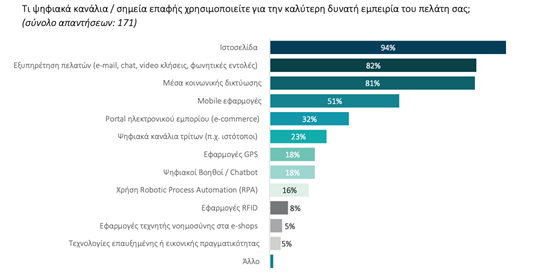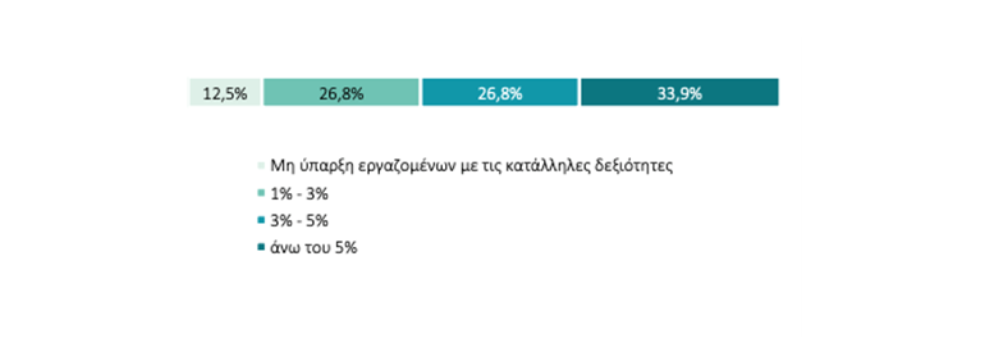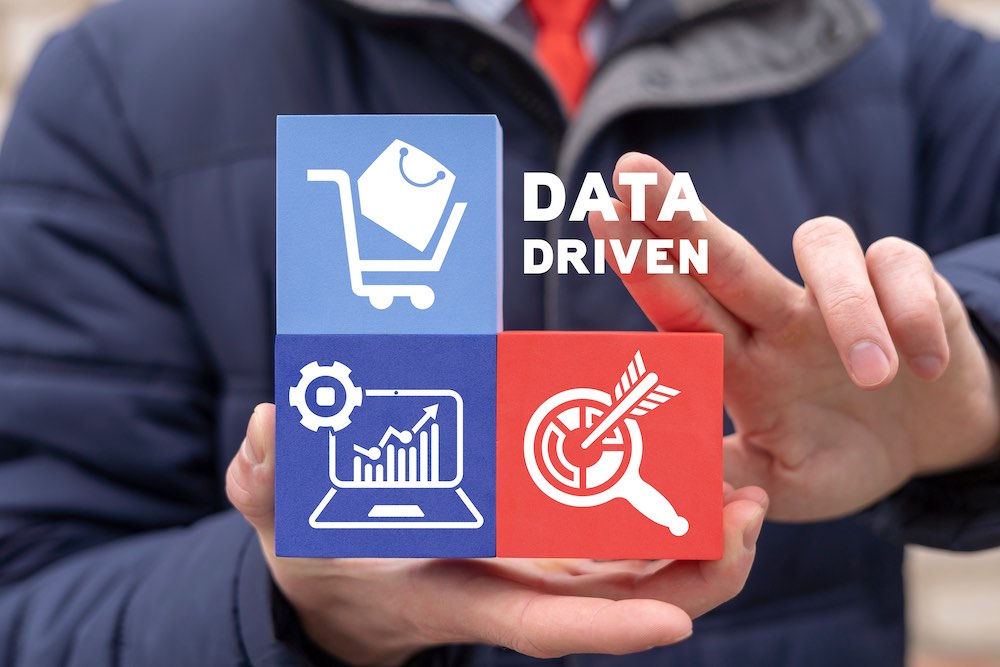Performance Marketing – 2 Reasons Why Companies Fail to Implement It

There’s no doubt that digital media dominates today’s world.
From the moment we wake up in the morning until the evening, we all live in a digital world, using technologies and apps for everything—from shopping and staying informed to communicating and searching for information.
Recognizing this shift, businesses have started investing in and developing their presence in digital media in order to gain a competitive advantage, as people increasingly turn away from traditional media.
According to a 2023 study by SEV (Hellenic Federation of Enterprises) on the digital transformation of Greek businesses, 94% of companies have a website, 81% use social media, and 51% use mobile apps.

However, even though more and more companies are adopting these tools and investing in digital marketing to attract customers, many of them fail to correctly measure the performance and effectiveness of their efforts.
This is precisely where Performance Marketing comes in. It is about assessing “the relationship between marketing activities and business performance.”
The main reasons companies fail in this area are either a limited understanding of digital marketing or a lack of the necessary expertise and skilled personnel.
Companies in the first category (limited understanding) are content with merely using digital channels, believing that this alone constitutes digital marketing. As a result, they miss the bigger picture and don’t invest in analyzing or optimizing their actions. Simply put, they assume that because they post on social media or run Google campaigns, that’s enough.

Today, digital marketing is increasingly about user behavior and how users interact with a business—not just the channels they use to make a purchase or how the company finds customers.
We must therefore redefine digital marketing using the 5D model:
- Digital devices: such as smartphones, tablets, and computers.
- Digital platforms: like apps and browsers operated by major platforms such as Google, Facebook, YouTube, and other social media networks.
- Digital media: various communication tools used by a business, including ads, emails, and more.
- Digital data: the data collected when a user interacts with a business, helping the company grow, evolve, or offer new products and services.
- Digital technology: emerging technologies that help businesses connect with customers (e.g., AI assistants), better understand them, and provide new solutions.
Data—and how we use it—is a fundamental component of digital marketing. Clearly, many companies need to reassess how they’re using data and how their digital marketing efforts are evolving.
On the other hand, companies in the second category (lack of expertise and skilled personnel) do understand the importance of data and its potential but fail to leverage it effectively due to insufficient skills and knowledge.
According to the same 2023 SEV study conducted by Deloitte regarding the availability of staff with advanced technology skills (such as data analytics or AI platform proficiency), the findings were as follows:
12,5% of companies have no such staff
26,8% have only 1-3% of their workforce with these skills
26,8% have 3-5% of their workforce with these skills

A corresponding global study by Adobe found that 56% of B2B marketing professionals do not have the knowledge required to analyze data and generate useful insights.
Being data-driven will soon no longer be enough. The true competitive edge will belong to companies that are insights-driven—that is, businesses that turn data into actionable information and strategic decisions.
This means we shouldn’t collect data just for the sake of having it (“data for data’s sake”) but must be able to analyze it, combine it, and let it guide our decisions.

In today’s landscape, any company that wants to remain competitive and gain ground in a challenging business environment must develop strategies that link marketing outcomes with the resources allocated to them. Those who continue to ignore data and turn their backs on measurement and data-driven strategies will soon be left behind.
How well are you using your data to optimize your marketing efforts?


